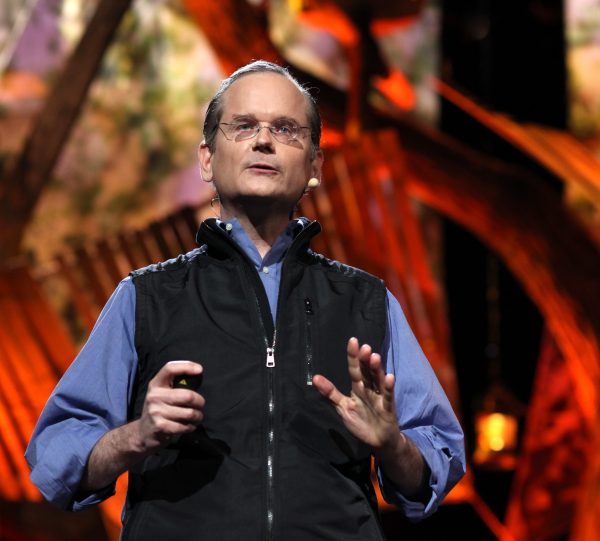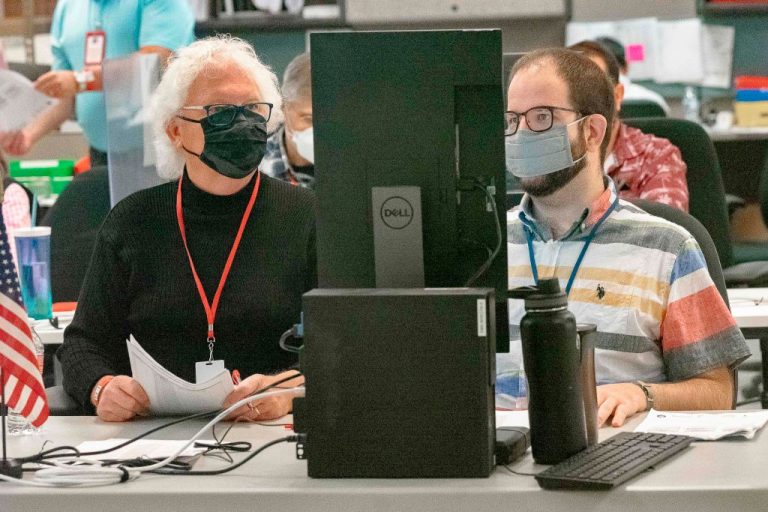The Arizona Senate has passed a bill that prohibits private funding of election administration and management. The bill, HB 2569, was passed by the Senate with a 16-14 vote along party lines, with Republicans extending support. Last month, the Arizona House had passed the bill with a 31-29 vote that also went along party lines. It now needs to be signed into law by Arizona Governor Republican Dough Ducey. The bill was sponsored in the House by Republican Representative Jake Hoffman.
“HB 2569 is common sense legislation that will ensure Arizona’s elections are free from outside influence and that our voters can have confidence in the integrity of the process… Nearly half a billion dollars in private funding was spent by out of state Democrat billionaires to influence the administration of county and state elections operations nationally, including millions here in Arizona. The Arizona legislature doesn’t want billionaires from any Party, or of any kind, attempting to influence our election system,” Hoffman told Breitbart.
The effort towards such a bill was driven after reports suggested that Facebook CEO Mark Zuckerberg and his wife had channeled approximately $400 million to two entities, the Center for Election Innovation and Research (CEIR) and the Center for Technology and Civic Life (CTCL), which distributed the funds to several election administrations across the United States during the 2020 presidential race.
Many Republicans had alleged that these funds went solely towards helping the Democratic party. Phill Kline of Amistad Project of the non-partisan Thomas More Society called the funding unfair, pointing out that the activist organizations treated Democrat and Republican strongholds differently.

The state’s Republican lawmakers say that over $6 million in grants were provided by CTCL to nine counties in what was a thinly veiled effort to help Democrats. Republican Sonny Borrelli noted that the money given to Arizona went to swing counties like Tucson and Phoenix, targeted in a manner that compromised the integrity of the electoral system.
Success
You are now signed up for our newsletter
Success
Check your email to complete sign up
Democrat Senator Martin Quezada dismissed Republican arguments, saying that most of the money went to fund things like additional drop boxes, rent for polling stations, cleaning supplies, and other basic necessities essential for properly administering elections.
Democrat Jamescita Peshlakai maintained that the extra grants they received went into funding public announcements, handing out brochures in the state, and implementing safety measures against the spread of COVID-19 during the election.
Arizona Secretary of State Democrat Katie Hobbs used $4.8 million from CEIR in an advertising campaign aimed at educating voters about the election. Republican Senator J D Mesnard indicated that the issue was not whether counties have enough money for voter outreach, but the precedent being set by accepting donations from wealthy individuals and entities.
“This is about the future and whether or not in the future we’re going to allow big businesses to have a new tool in their arsenal for how they influence our elections… If we don’t put a stop to this, if this becomes a trend, you’re going to see all kinds of very wealthy people engaging in this covert, behind-the-scenes [activity],” Mesnard told Tucson. He finds it alarming that people batting for more money during elections are not concerned about where the money is coming from.















